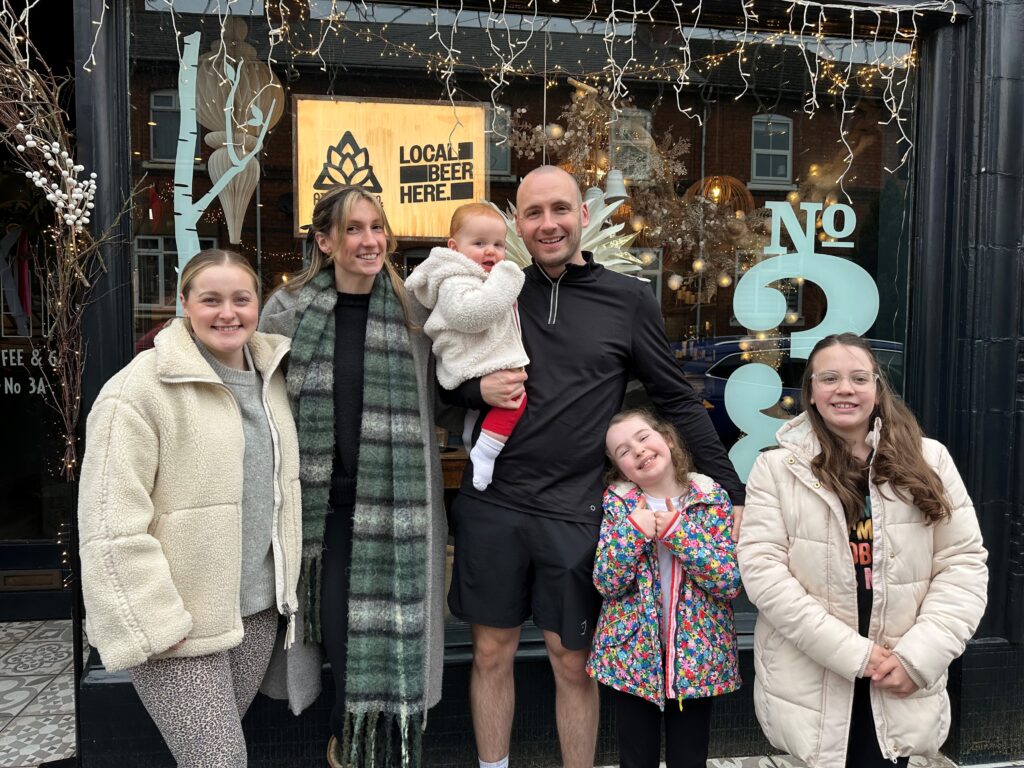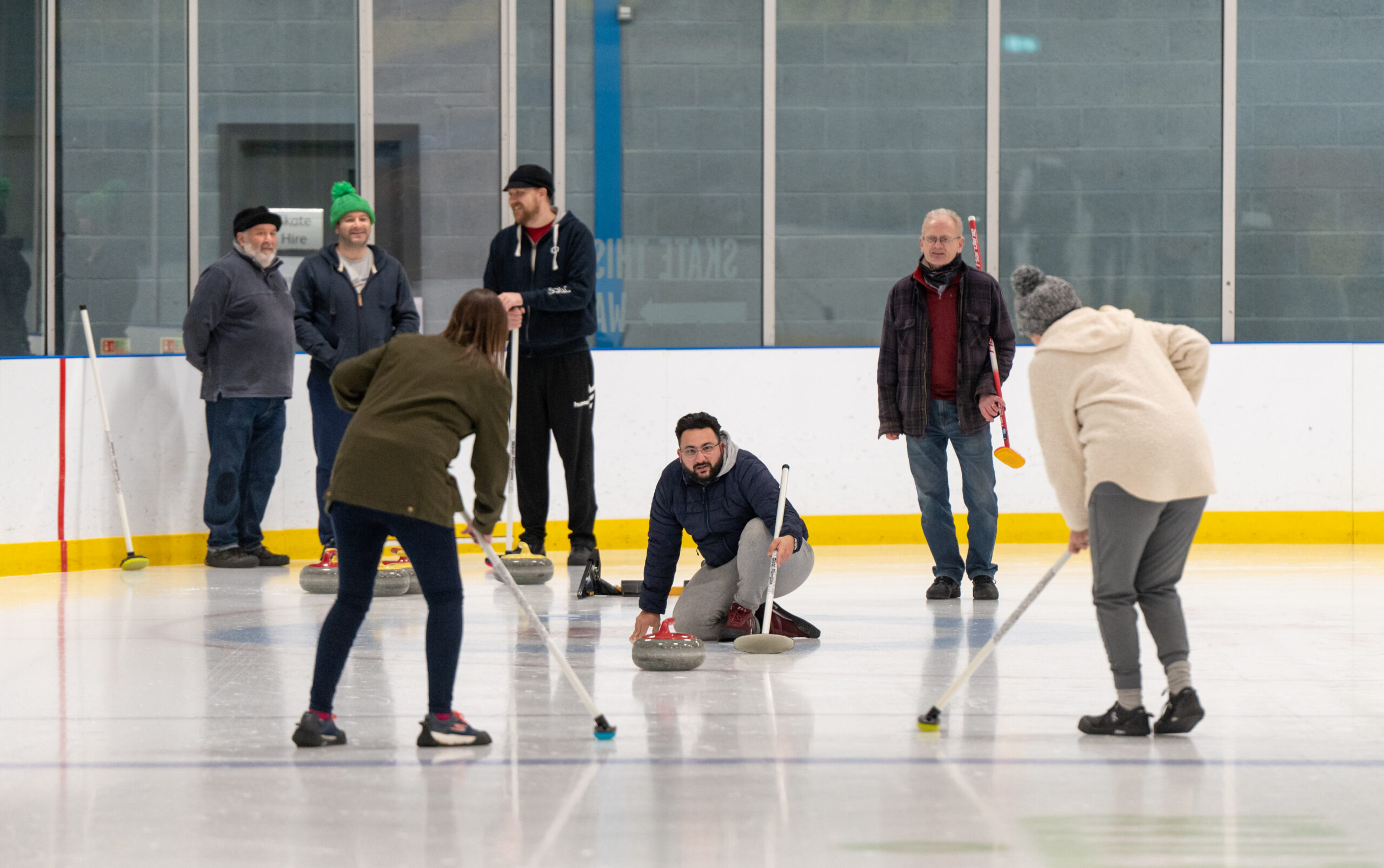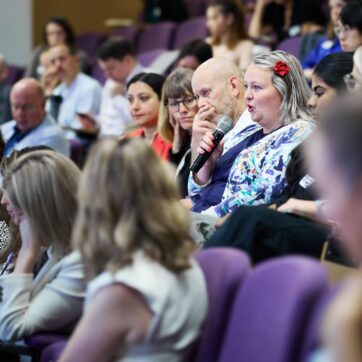Hi Liz. What’s your role within UPEN and what do you do?
I am the Project Manager for UPEN’s area of work on ‘Place’ in academic-policy engagement. I am responsible for coordinating delivery, monitoring progress against KPIs and ensuring the workstream meets its agreed objectives. I manage timelines, outputs and collaborative activities across participating universities, facilitating knowledge exchange and capturing learning on effective place-based policy engagement. My role ensures that the work strand operates efficiently, delivers its planned outcomes and supports the wider UPEN network to strengthen how universities engage with local and regional policymakers.
Tell us what you did before UPEN or what you do alongside your UPEN role?
Alongside my UPEN role (0.2 FTE), my substantive role is Programme Manager at City-REDI at the University of Birmingham. I lead on the coordination and delivery of research programmes that support regional economic development and evidence-based policymaking. I also manage the Local Policy Innovation Partnership (LPIP) Hub, where I oversee programme delivery, stakeholder engagement and reporting, working closely with academic teams, government partners and regional organisations to ensure project milestones, outputs and impact are achieved.
What’s your favourite thing about your role?
My favourite thing about the role is the people and the sense of shared purpose across the network. I really value working with colleagues who are genuinely committed to improving how universities engage with policy, and who bring such openness, generosity and enthusiasm to collaboration. The team and wider network are supportive, thoughtful and creative, which makes the work both enjoyable and rewarding.
What has been your career highlight (or highlights) to date?
A career highlight has been establishing and managing the Local Policy Innovation Partnership (LPIP) Hub, where I coordinated the bidding process, operational set-up, developed delivery systems and built strong relationships with partner universities and external stakeholders. I am also proud to have co-authored a book chapter on scaling civic partnerships, which contributes to national thinking on how universities can support place-based policy impact. A constant highlight has been developing positive, supportive team cultures where wellbeing is valued and people feel able to do their best work. This is something I consistently prioritise and am proud of.
What do you think the biggest challenge in academic-policy engagement is at the moment and what can we do about it?
One of the biggest challenges in academic–policy engagement is the mismatch in pace. Policymakers often need quick, clear answers, while academic research tends to move more slowly and focus on depth and rigour. Even when valuable insights exist, universities can struggle to respond in time.
To bridge this gap, we need to invest in the people and systems that connect the two worlds, like professional services staff who can spot opportunities, support researchers, and build lasting relationships. It’s also about creating space for co-production, where research questions are shaped together from the start. Ultimately, the most effective engagement happens when we treat it as an ongoing relationship, not a one-off exchange.
What’s one small unexpected thing that always brightens your workday?
There’s something very uplifting about those little “aha!” moments at work, the instant when a tricky problem suddenly clicks or a solution you’ve been searching for appears out of nowhere. It might be figuring out a shortcut, understanding a complex idea, or seeing a pattern that makes everything make sense.
What does your dream holiday look like?
My dream holiday is to New Orleans, a city that has captured my imagination ever since I read a book set there as a teenager. I’ve always been fascinated by its mysterious, atmospheric streets, where jazz is heard everywhere. As someone who loves reading about vampires and fae, the city’s rich history and slightly eerie charm make it feel like the perfect backdrop for dark, thrilling adventures. I imagine wandering through the French Quarter at twilight, exploring hidden alleyways, and soaking up the mix of culture, music, and supernatural charm!
Time for Desert Island Discs! If you were cast away on a desert island, what three songs would you currently take with you and why?
This was the hardest question of all! I have two albums constantly on repeat at the moment so lets go with those. These are “The Life of a Showgirl – Taylor Swift” and “West End Girl – Lily Allen”. I would say the songs below are my most played:
Father Figure by Taylor Swift a song that flips a mentor‑protégé dynamic on its head, exploring themes of power, loyalty and betrayal.
Actually Romantic (also by Taylor), which reflects on the surreal idea of being the obsessive focus of someone else’s fixation and turns it into something ironic and even flattering.
And finally, I’d pick Sleepwalking by Lily Allen an emotionally honest song that captures the feeling of moving through life in autopilot.
Together these songs reflect the highs and lows of connection: the ambition and power play, the importance of how you respond to other peoples opinions of you and the quiet reckoning of what it feels like when you’re not fully present.
Give us a plug for something you’re working on at the moment
The evidence review, ‘Examining the Evidence on Place-Based Research Partnerships: Towards a Set of Standards for Successful Partnerships’, will shortly be published. It explores the current landscape of place-based research partnerships, drawing on academic literature, grey literature, and practitioner insights. The review identifies key enablers and barriers to effective collaboration, highlights gaps in the evidence base, and proposes a foundation for developing shared standards to support more consistent, equitable, and impactful partnership working across sectors and places.
How can we get in touch with you?
You can email me.
& finally, share with us a snapshot of life outside of work

A picture of my son, daughter-in-law, two daughters and two granddaughters – who are my entire life outside of work!


